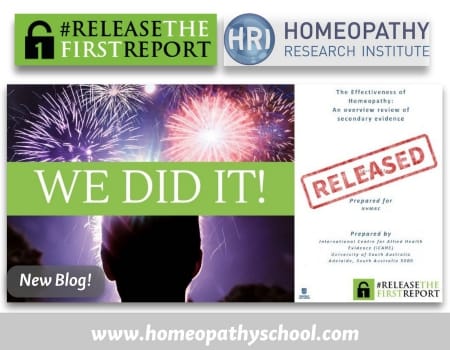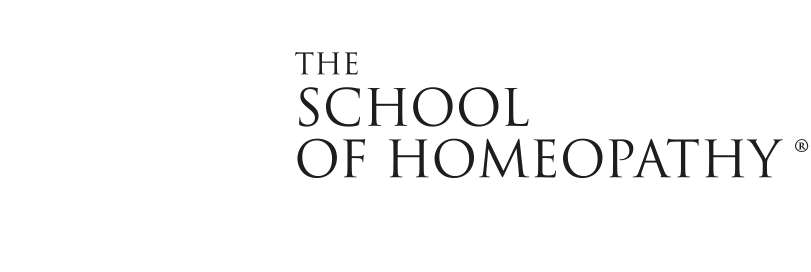Uncovered: 1st Australian Report
29 August 2019 at 12:09
Uncovered - 1st Australian report
There is “encouraging evidence for the effectiveness of homeopathy” in five medical conditions according to the uncovered first draft of an Australian study which was widely used by the media to discredit the homeopathic profession.
The report triggered headlines around the world suggesting NHMRC had found that homeopathy does not work for any condition. Rachel Roberts, HRI Chief Executive said “To see this document finally seeing the light of day is a major win for transparency and public accountability in research.”
She goes on to say that “NHMRC’s review is a shocking example of misreporting. Decision-makers and the scientific community rely on these kinds of reports and need to trust their accuracy. This is not about anyone’s personal opinion as to whether homeopathy works or not. It is about the importance of evidence being reported objectively, whatever it says, and NHMRC did not do that.”
After petitions and years of hard work they have finally released the original suppressed version of the report that was abandoned without explanation and only came to light following freedom of information requests. They took a further 3 years to publish a second report having arbitrarily shifted parameters so they could exclude any positive homeopathy trials. This was all done at the expense of the Australian taxpayer and without declaring the reasons for abandoning the all-but finished first report.
As Rachel Roberts outlines;
NHMRC used a method [in the second report] that has never been used in any other review, before or since. NHMRC decided that for trials to be ‘reliable’ they had to have at least 150 participants and reach an unusually high threshold for quality. This is despite the fact that NHMRC itself routinely conducts studies with less than 150 participants. These unprecedented and arbitrary rules meant the results of 171 of the trials were completely disregarded as being ‘unreliable’ leaving only 5 trials NHMRC considered to be ‘reliable’. As they assessed all 5 of these trials as negative, this explains how NHMRC could conclude that there was no ‘reliable’ evidence.
Despite the manner in which it was reported in 2015, there now appears to be some back-tracking, with the CEO of NHMRC Prof Anne Kelso announcing that "contrary to some claims, the review did not conclude that homeopathy was ineffective". HRI will be assessing the 2012 draft report carefully over the coming weeks, along with NHMRC’s annotations to the 293-page document.
Extracts from draft report:
For individualised homeopathy in allergic asthma, there was consistently positive evidence from nine studies...
One good quality recent key systematic review which focused on homeopathy and fibromyalgia, and six recent secondary systematic reviews which had broader foci than simply homeopathy and fibromyalgia, reported on five moderate quality experimental studies (reported in six papers) (including up to 265 individuals with fibromyalgia)… There is encouraging evidence to suggest that Homeopathy may have benefits in the treatment of fibromyalgia. However further research is required to clarify the benefits....
The meta-analyses and descriptive summaries suggest that there is a moderate effect for homeopathic interventions for some symptoms associated with cancer treatment, e.g. topical calendula for prophylaxis of acute dermatitis during radiotherapy, and for Traumeel S mouthwash in the treatment of chemotherapy-induced stomatitis. There is no evidence of impact for any other side effects of cancer treatment.
Extracts from HRI's executive summary to the Commonwealth Ombudsman:
Risk of bias is normally minimised by three key safeguards:
1. Use of standardised and accepted scientific methods
2. Internal policies and procedures e.g. adherence to NHMRC legislation, standards, guidelines and conflict of interest policy
3. Transparency and accountability e.g. public disclosure of processes followed, meaningful public consultation and accurate communications to the public.
In the case of the NHMRC Homeopathy Review all three safeguards were breached, exposing the process to unacceptable levels of anti-homeopathy bias – evident in both its administrative and methodological aspects – which led directly to distortion of the Review results.
Further reading here:
Read these key facts from HRI.
Read about the ongoing Ombbudsman’s investigation into NHMRC’s conduct.
Excellent and informative article from Your Health Your Choice

Posted in Homeopathy | Alternative Medicine | Clinical Trials | Research | Evidence

